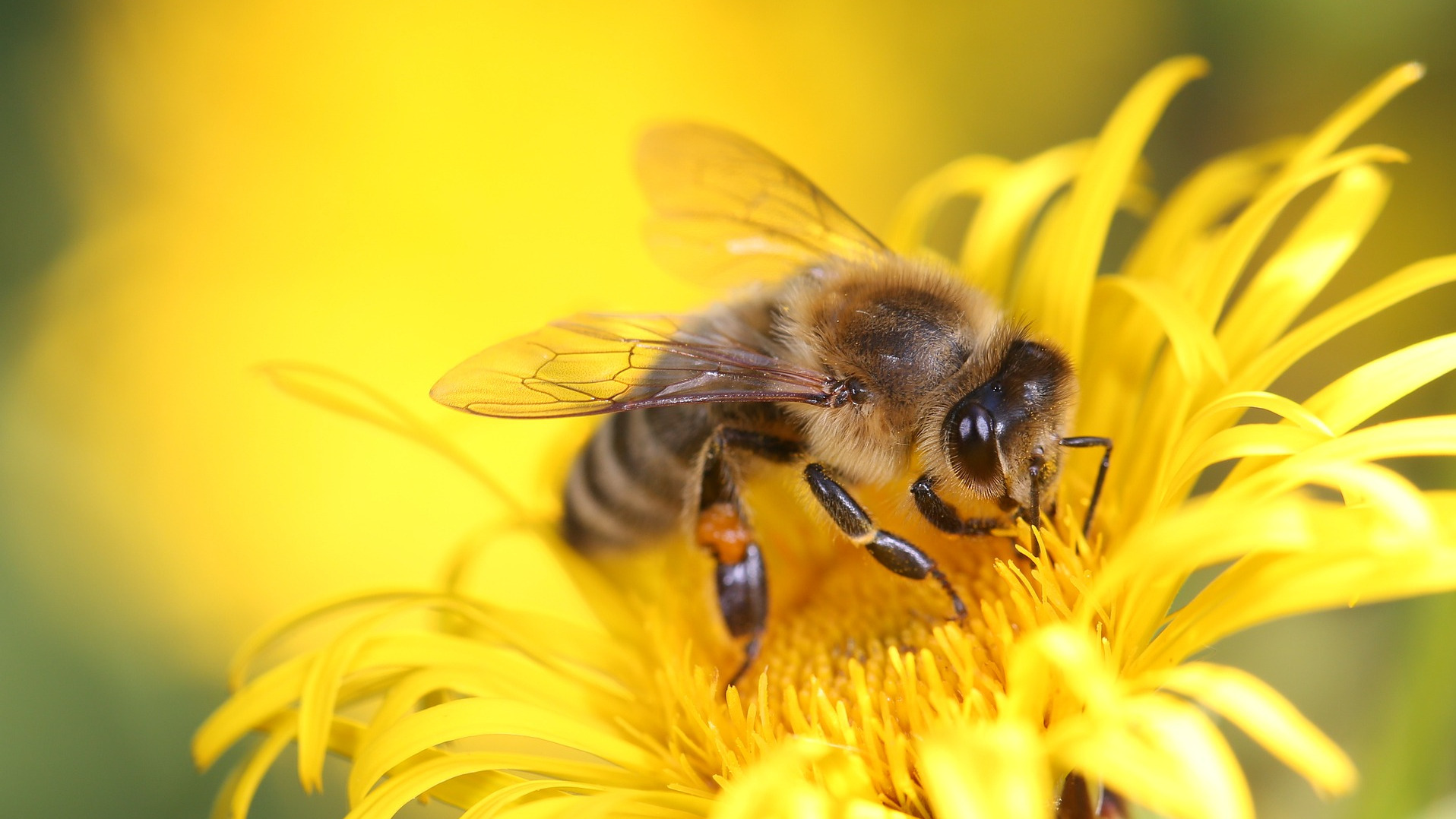Raw Honey: Nature's Multitasking Miracle
Raw honey is not just a sweetener; it's a powerhouse of nutrients, antioxidants, and therapeutic properties. Unlike processed honey, raw honey is unfiltered and unpasteurized, which means it retains its natural enzymes, vitamins, and minerals. It offers many benefits, from soothing sore throats to improving digestion, and even serves as an effective skincare remedy.
In this article, we'll explore the unique benefits of raw honey, discuss its safety and storage, and share versatile home remedies that make it a pantry staple.
Raw Honey vs. Processed Honey
Raw Honey is a pure, natural product directly from the hive. It is rich in nutrients, has a complex flavor, and retains beneficial compounds like bee pollen and propolis.
Processed Honey, on the other hand, is often heated, filtered, and blended with additives. This process strips away many natural benefits, leaving a less nutritious product primarily used for its sweetness.
Opt for raw varieties from local farmers or trusted health food stores to enjoy honey's full benefits. Locally sourced raw honey also contains trace amounts of local pollen, which may help reduce seasonal allergies.
Nutritional and Health Benefits of Raw Honey
- Enzymes: Contains amylase, which helps digest carbohydrates.
- Antioxidants: Rich in flavonoids and phenolic acids, protecting cells from damage.
- Vitamins & Minerals: Small amounts of vitamin C, B-complex vitamins, calcium, magnesium, and potassium.
- Antibacterial Properties: Effective against harmful bacteria, aiding in wound healing.
- Prebiotic: Supports healthy gut bacteria, promoting digestive health.
- Natural Energy Source: Provides a quick energy boost due to its natural sugars.
Safety and Precautions
- Infants: Do not give honey to children under one-year-old due to the risk of infant botulism, a rare but severe illness caused by Clostridium botulinum spores.
- Storage: Keep raw honey in a cool, dry place. If it crystallizes, place the jar in warm water to return it to a liquid state.
- Allergies: Individuals allergic to bee products should avoid honey or consult a healthcare provider before use.
Tips for Choosing Raw Honey
- Look for Labels: Ensure the label specifies "raw" or "unfiltered."
- Buy Local: Support local beekeepers in getting honey with trace amounts of local pollen.
- Inspect the Texture: Raw honey is often thicker and cloudier than processed honey.
Home Remedies Using Raw Honey
Raw honey is more than a natural sweetener; it's a versatile remedy packed with nutrients and healing properties. From soothing sore throats to improving digestion and skin health, raw honey offers many benefits that processed honey cannot match.
Incorporate raw honey into your daily routine to experience its full potential. Whether addressing minor health concerns or looking for natural beauty solutions, this golden elixir has you covered. Always choose high-quality raw honey for maximum benefits, and enjoy its natural goodness in your home remedies!
Sore Throat and Cough Remedy
Raw honey's antimicrobial properties make it an excellent remedy for soothing sore throats and reducing coughing.
Ingredients:
- 2 teaspoons raw honey
- 1 teaspoon fresh-squeezed lemon juice
Directions:
- Warm the honey slightly (do not overheat).
- Mix with the lemon juice.
- Take the mixture as needed for throat relief.
This remedy is not recommended for children under one-year-old.
Healing Minor Cuts and Burns
Honey's antibacterial and anti-inflammatory properties can prevent infections and improve wound healing.
Instructions:
- Clean the affected area thoroughly.
- Apply a thin layer of raw honey to the wound.
- Cover with sterile gauze or a bandage.
Replace the dressing daily for optimal healing.
Upset Stomach Relief
A spoonful of raw honey can help soothe an upset stomach by reducing inflammation and aiding digestion.
Usage:
- Mix 1 teaspoon of raw honey on an empty stomach into warm water or herbal tea.
Allergy Relief
Consuming local raw honey may help build immunity to local pollen, acting as a natural defense against seasonal allergies.
How to Use:
- Start with 1 teaspoon of local raw honey daily and gradually increase over time.
Digestive Health
Raw honey acts as a prebiotic, promoting the growth of beneficial gut bacteria.
Directions:
- Take 1 teaspoon of raw honey daily, preferably on an empty stomach, to improve gut health and alleviate symptoms of bloating or indigestion.
Natural Sleep Aid
Raw honey can promote relaxation and improve sleep quality.
Ingredients:
- 1 teaspoon raw honey
- 1 glass of warm milk or herbal tea
Instructions:
- Stir the honey into warm milk or tea.
- Drink before bedtime to encourage restful sleep.
Acne Treatment
Raw honey's antibacterial properties effectively reduce acne and soothe irritated skin.
How to Use:
- Apply a thin layer of raw honey to the affected areas.
- Leave it on for 15–20 minutes.
- Rinse with warm water.
Mix honey with a pinch of cinnamon for added benefits to create a potent acne-fighting mask.
Hair Hydration Mask
Honey is an excellent natural conditioner, leaving hair soft, shiny, and manageable.
Ingredients:
- 2 tablespoons raw honey
- 1 tablespoon olive oil
Instructions:
- Mix honey and olive oil.
- Apply to damp hair, focusing on the ends.
- Leave on for 20–30 minutes, then rinse thoroughly.



